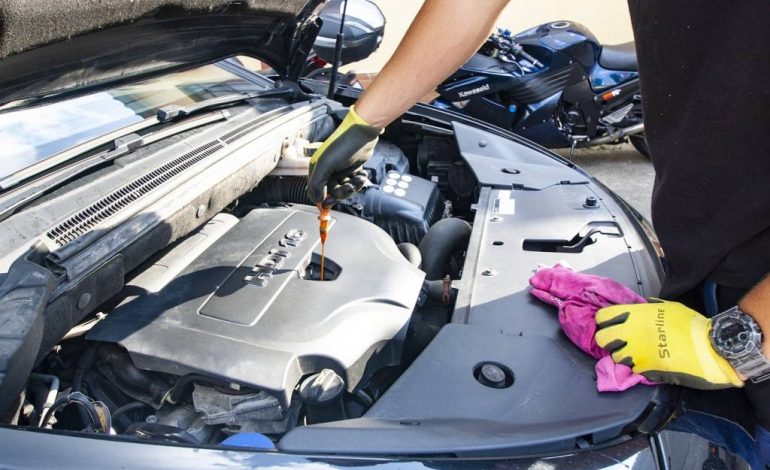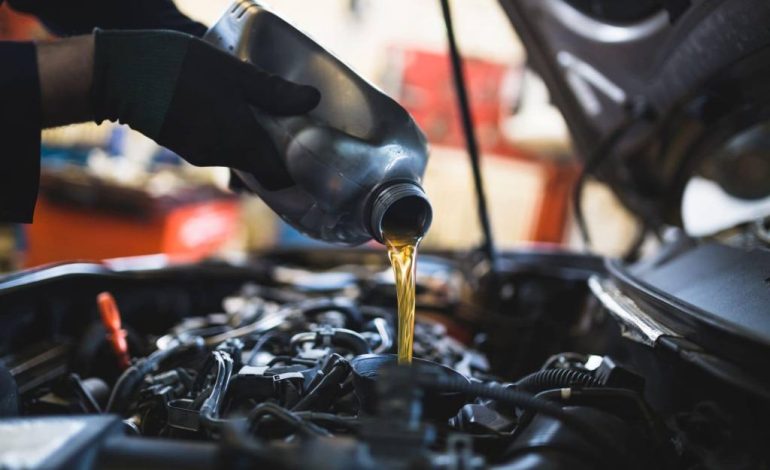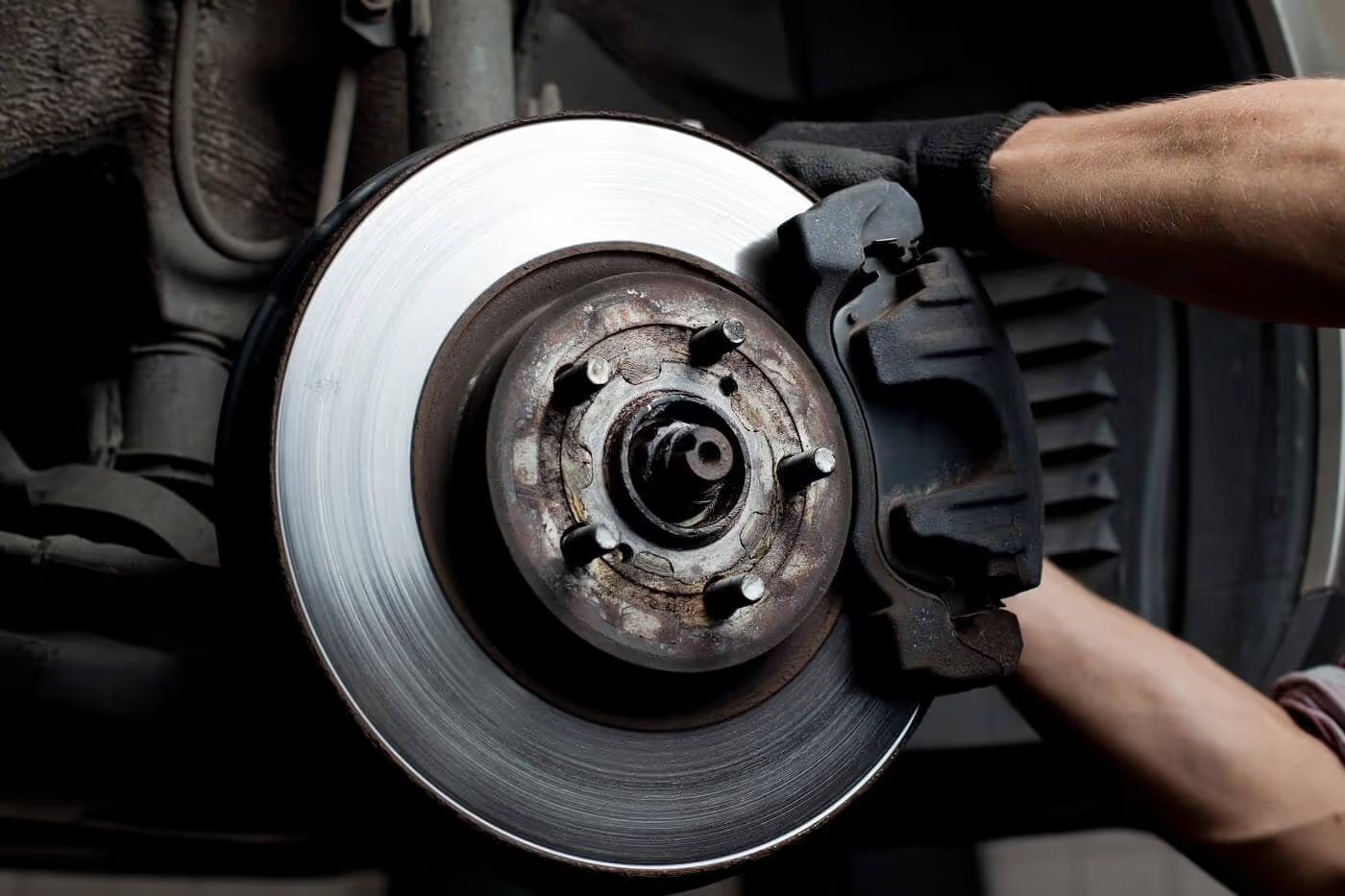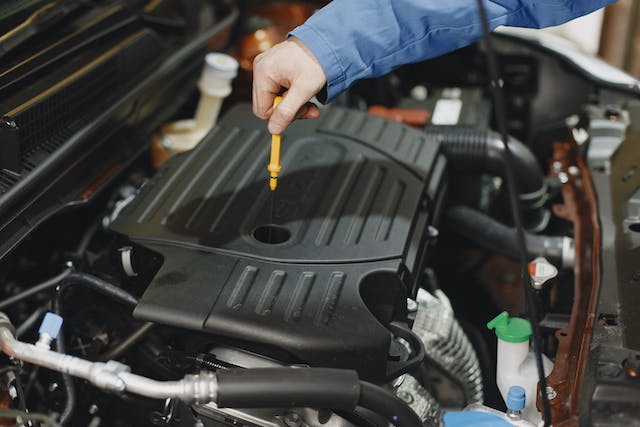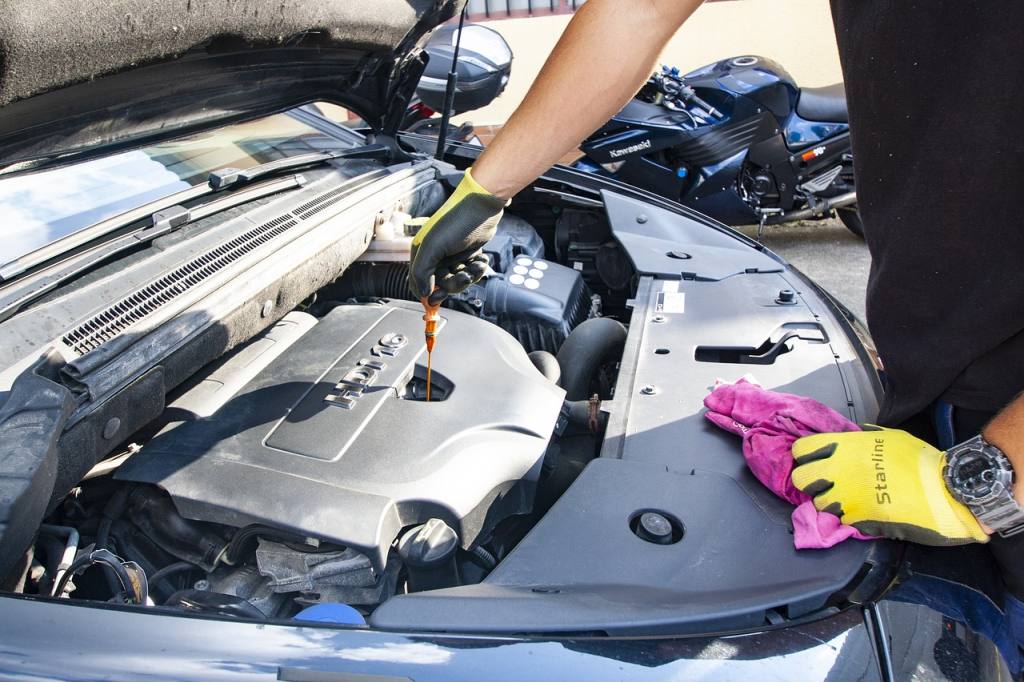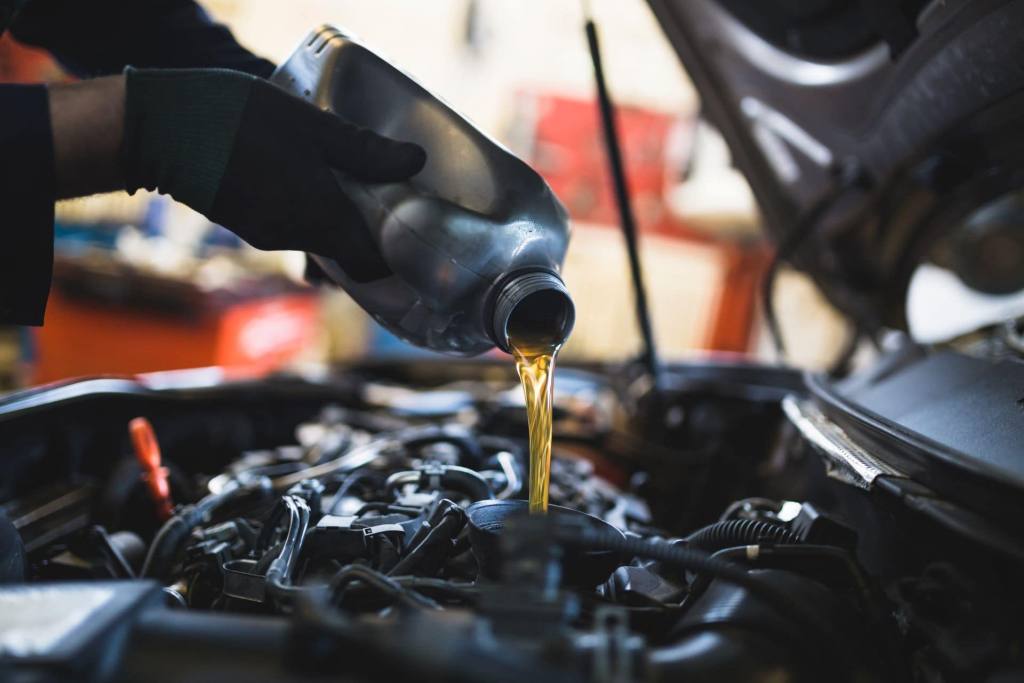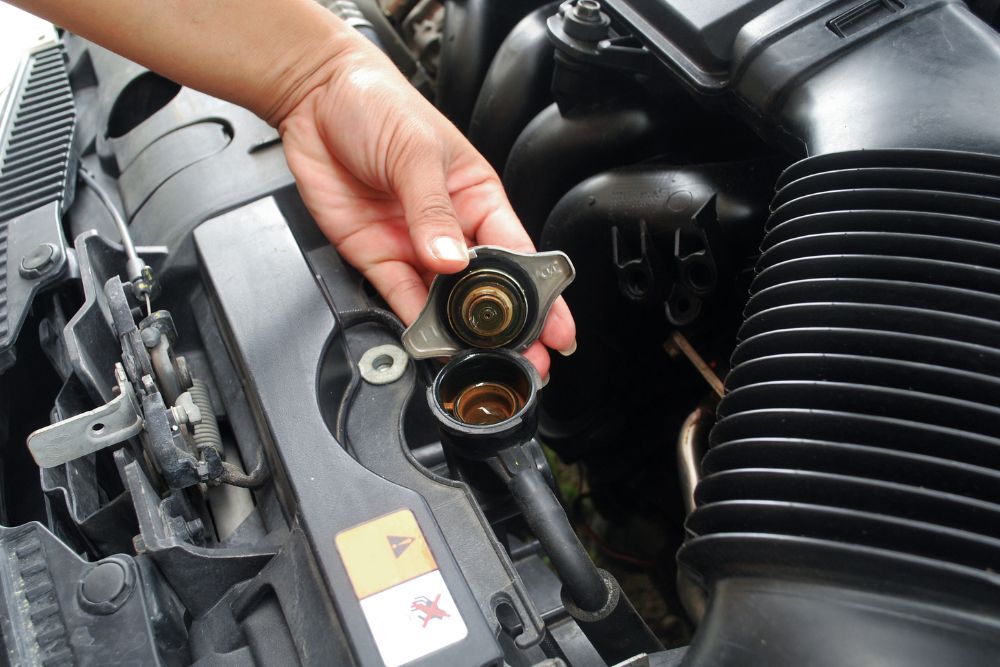How Often Should You Get a Tune-Up? Signs That It’s Time for One
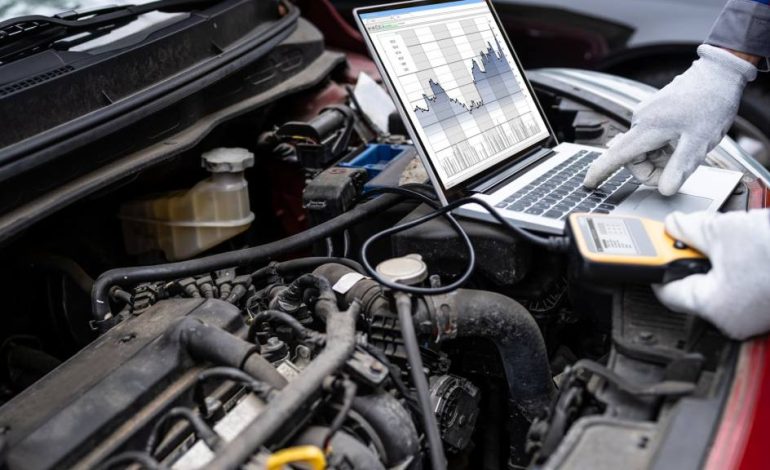
Regular tune-ups are essential for keeping your vehicle running smoothly and efficiently. They ensure that all the critical systems in your car are functioning properly and can help prevent more significant problems down the road. But how often should you schedule a tune-up? Understanding the signs that your car needs one can save you time, money, and stress.
Understanding the Basics of a Tune-Up
A tune-up typically involves a comprehensive check of your car’s engine and related systems. During a tune-up, mechanics will inspect and replace parts like spark plugs, air filters, and fuel filters. They’ll also check the condition of belts, hoses, and fluids. The goal is to ensure that your engine is operating at its best, which not only enhances performance but also improves fuel efficiency.
The frequency of tune-ups depends on your vehicle’s age, make, and model. Older cars with non-electronic ignitions usually require a tune-up every 10,000 to 12,000 miles or once a year. Newer cars with electronic ignition and fuel injection systems can go much longer—sometimes up to 100,000 miles—before needing a tune-up. However, it’s always a good idea to consult your vehicle’s manual or check a reliable website for specific recommendations.
Common Signs Your Car Needs a Tune-Up
Even if you’re diligent about regular maintenance, certain signs may indicate that your car needs a tune-up sooner than scheduled. One of the most common signs is a decrease in fuel efficiency. If you notice that you’re filling up your tank more often, it could be a signal that your engine isn’t running as efficiently as it should be.
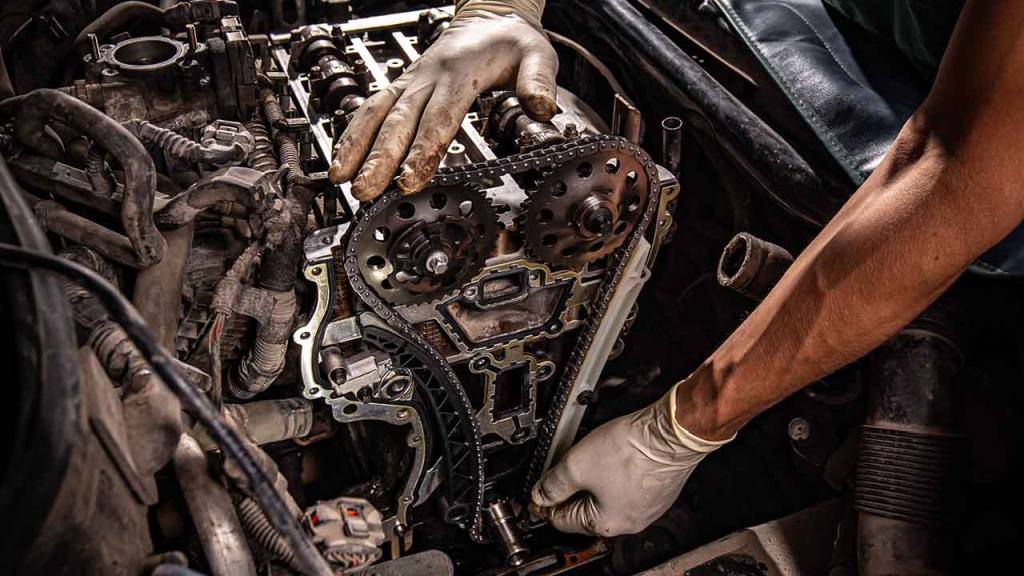
Another sign is difficulty starting your car. If your engine is struggling to turn over or if you hear unusual noises during startup, it could be a sign that your spark plugs or fuel system need attention. Stalling, especially in older vehicles, is another clear indication that it’s time for a tune-up. Additionally, if your check engine light comes on, it’s a good idea to have your car inspected as soon as possible.
Benefits of Regular Tune-Ups
Scheduling regular tune-ups offers several benefits beyond just keeping your car running smoothly. A well-maintained engine is more efficient, which means you’ll save money on gas. Regular tune-ups can also extend the life of your vehicle by preventing more severe issues from developing. By catching small problems early, you avoid costly repairs in the future.
Another benefit is improved safety. A tune-up ensures that all parts of your engine are functioning correctly, reducing the risk of breakdowns. This is especially important if you often drive long distances or rely on your car for daily commuting. Keeping your vehicle in top condition gives you peace of mind and helps ensure your safety on the road.
When to Schedule Your Next Tune-Up
Determining the right time for a tune-up involves considering your driving habits and the condition of your vehicle. If you frequently drive in stop-and-go traffic, make short trips, or drive in extreme temperatures, your car may require more frequent tune-ups. These conditions put additional strain on your engine, leading to faster wear and tear.
On the other hand, if you drive primarily on highways and keep up with regular oil changes and other maintenance, you may be able to extend the time between tune-ups. Always monitor your vehicle for any signs of trouble and consult your mechanic if you’re unsure whether it’s time for a tune-up. Regular visits to a trusted mechanic or an informative website can help you stay on top of your car’s maintenance needs.
Conclusion
Regular tune-ups are a crucial aspect of vehicle maintenance that shouldn’t be overlooked. By understanding the basics of a tune-up, recognizing the signs that your car needs one, and considering the benefits of regular maintenance, you can keep your vehicle in top condition. Whether you follow a strict maintenance schedule or adjust based on your driving habits, paying attention to your car’s needs will ensure it runs smoothly for years to come.

